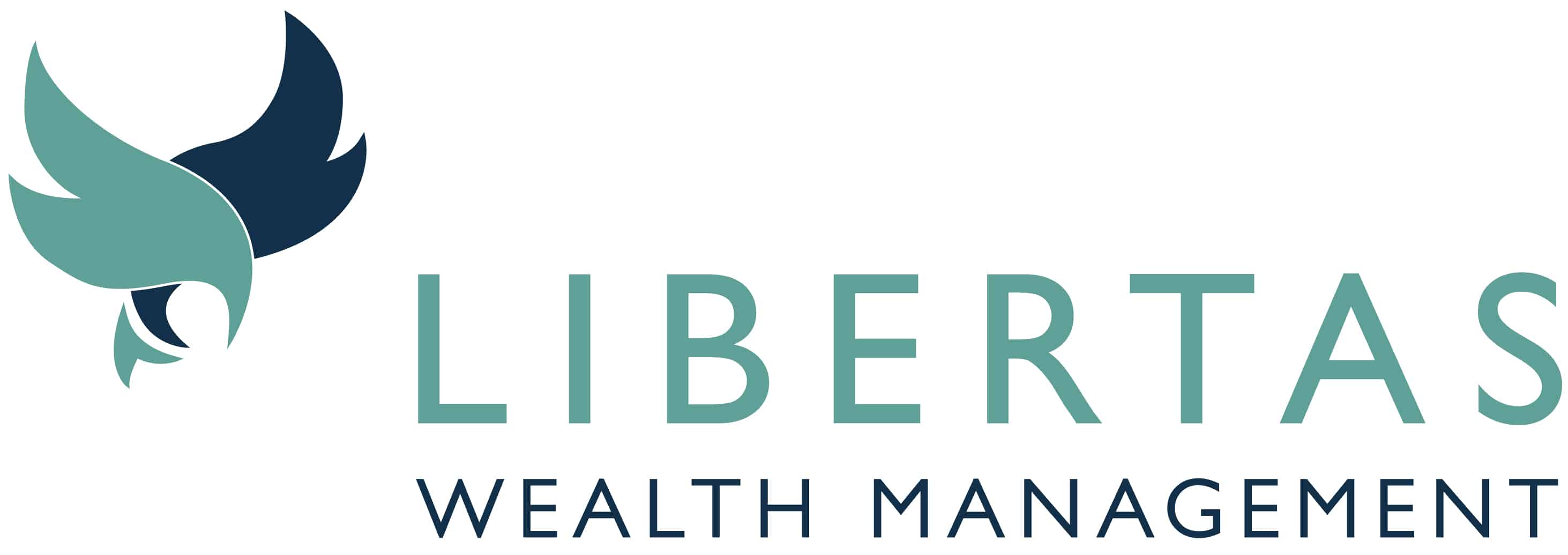The State Pension is often an important part of your retirement income, so should you top up your National Insurance contributions (NICs) to increase it?
Even if you have other pensions or income in retirement, your State Pension can be valuable. As it’ll be paid from when you reach State Pension Age for the rest of your life, it can provide some financial security that you can build on and so may affect other decisions you make.
For the 2022/23 tax year, the full State Pension is £185.15 a week
Before you consider whether you should top up your NICs, understanding how the State Pension works is important.
The State Pension is paid when you reach State Pension Age, which is currently 66 but is gradually rising. It’s expected to reach 68 by 2039.
If you’re entitled to the full State Pension, you’d receive £185.15 a week during the 2022/23 tax year.
However, this isn’t the amount everyone will receive. How many years you have on your National Insurance (NI) record will influence your State Pension.
To qualify for the full State Pension, you need to have at least 35 years on your NI record. To qualify for any State Pension, you need 10 years. If you have between 10 and 35 years on your NI record, you will receive a proportion of the full amount.
There are many reasons why you may have gaps in your NI record. You may have taken time away from work to care for an elderly relative, have a period of low earnings, or simply taken a career break to pursue other things.
As a result, you may have fewer than 35 years of NICs and won’t receive the full amount. In turn, this could mean your reliable income is less than expected.
The government’s State Pension forecast can be used to find out how much you could receive from the State Pension and when you can claim it.
If you do have a gap in your NI record, you may be able to top up your contributions and receive a greater income from the State Pension in retirement.
How to boost your State Pension income with voluntary contributions
You can usually pay voluntary NICs for the past six tax years. So, if you have a gap from the 2016/17 tax year that you want to fill in, you will need to contribute by 5 April 2023.
The standard rate of buying Class 3 NICs is £15.85 a week, adding up to £824 for a year. However, some years may cost less to top up than others as you would pay the rate from those years.
As you can usually only pay voluntary NICs for the past six years, it may be something to think about before you near retirement if you want to receive the full State Pension.
You should consider how your circumstances and plans before you retire could affect how much you will receive. For example, if you plan to retire early, could it affect how much State Pension you’d be entitled to?
If you are considering making voluntary NICs to increase your pension, you should check how much you will benefit first.
2 reasons why the State Pension is important for your retirement income
While you may be taking other steps to secure your retirement, the State Pension is often still an important part of your overall plan for two key reasons.
- The State Pension is guaranteed
The State Pension can be paid from when you reach State Pension Age and will continue to provide an income for the rest of your life. This can provide a valuable foundation to build the rest of your decisions on.
It means that even if other forms of income stop or assets are depleted, you know you’ll at least have a basic income to fall back on.
- The State Pension rises each tax year
Inflation means the cost of living rises, so your income will also need to increase during retirement to maintain the same standard of living.
Under the pension triple lock, the State Pension increases every tax year by either wage growth, inflation, or 2.5%, whichever is higher. This annual increase can help to maintain your spending power.
While the triple lock was temporarily suspended last year, as the pandemic affected data, pensioners could see a huge rise for the 2023/24 tax year. As the inflation rate is high and expected to keep on rising, the State Pension could benefit from a double-digit increase.
If you have any questions about retirement, from whether you should pay NICs to boost your State Pension to how to access your defined contribution pension, please contact us.
Please note: This blog is for general information only and does not constitute advice. The information is aimed at retail clients only.






